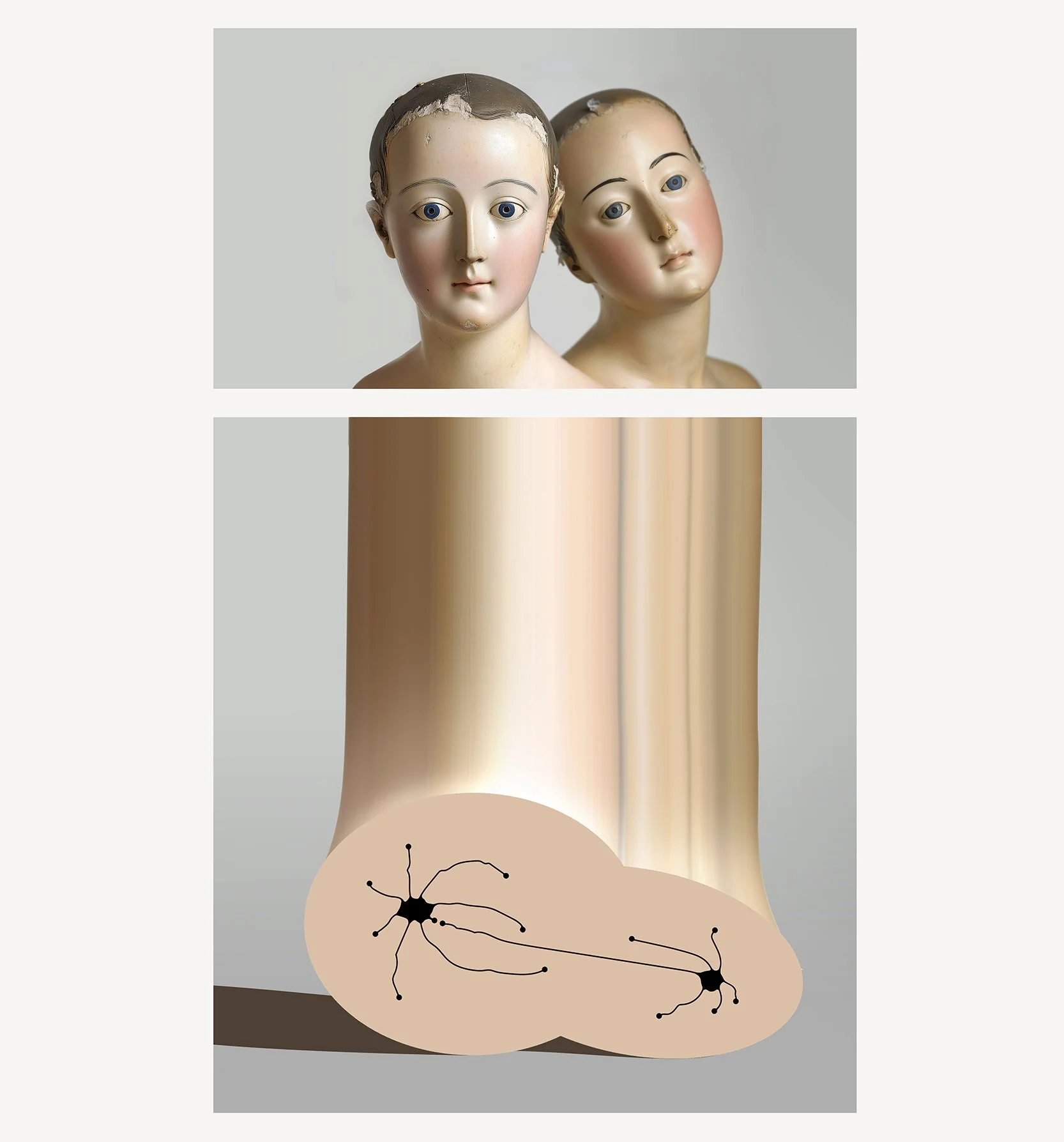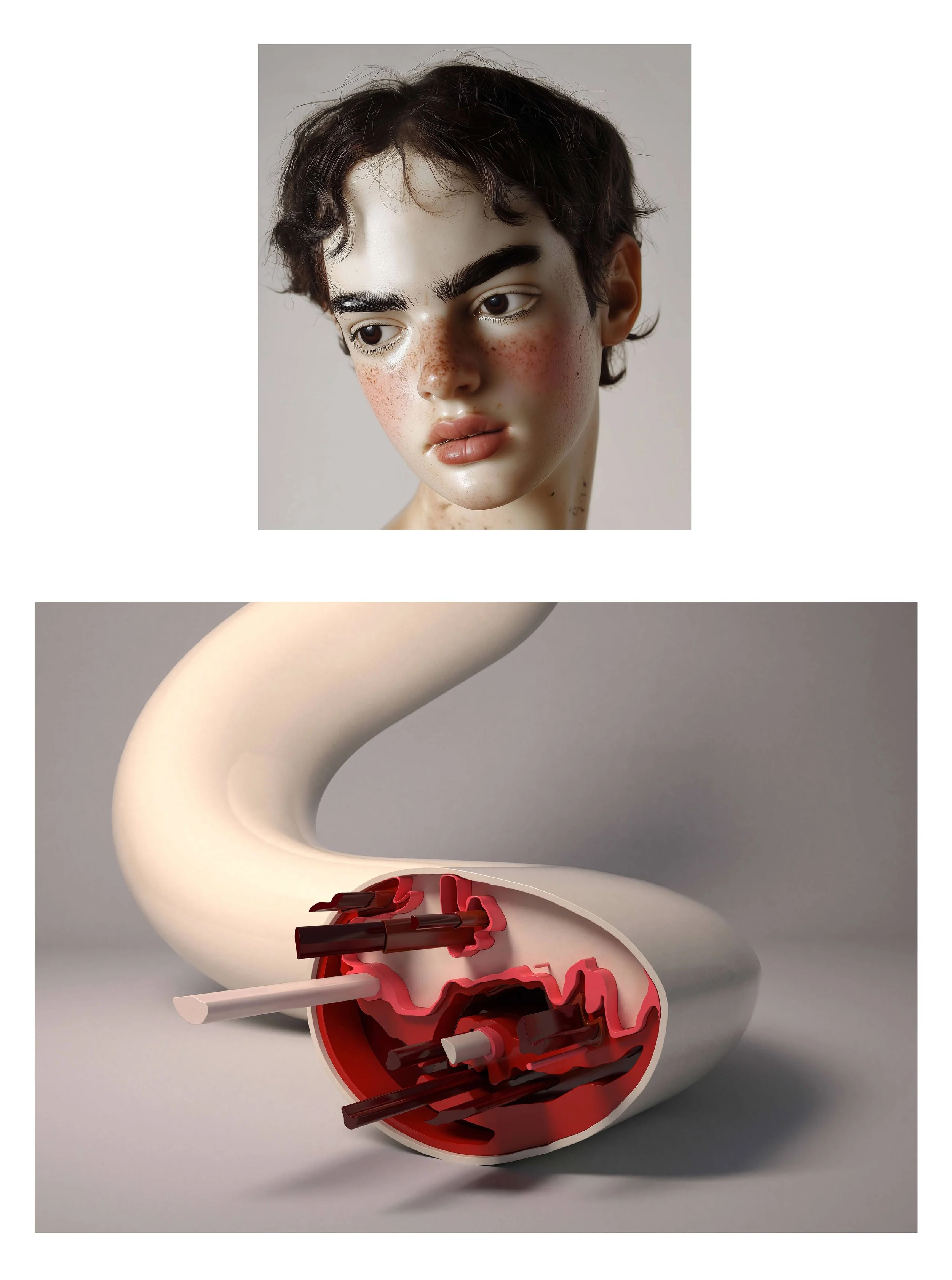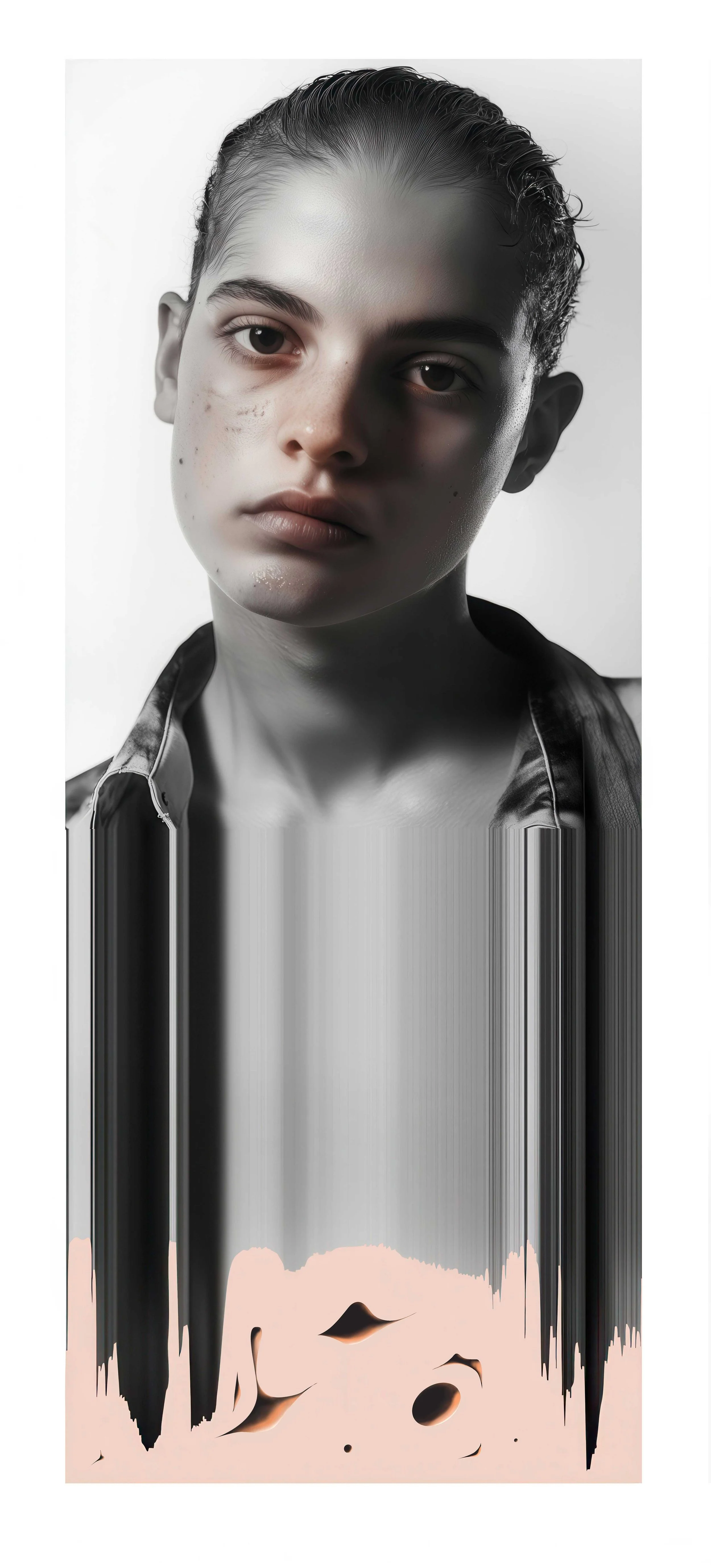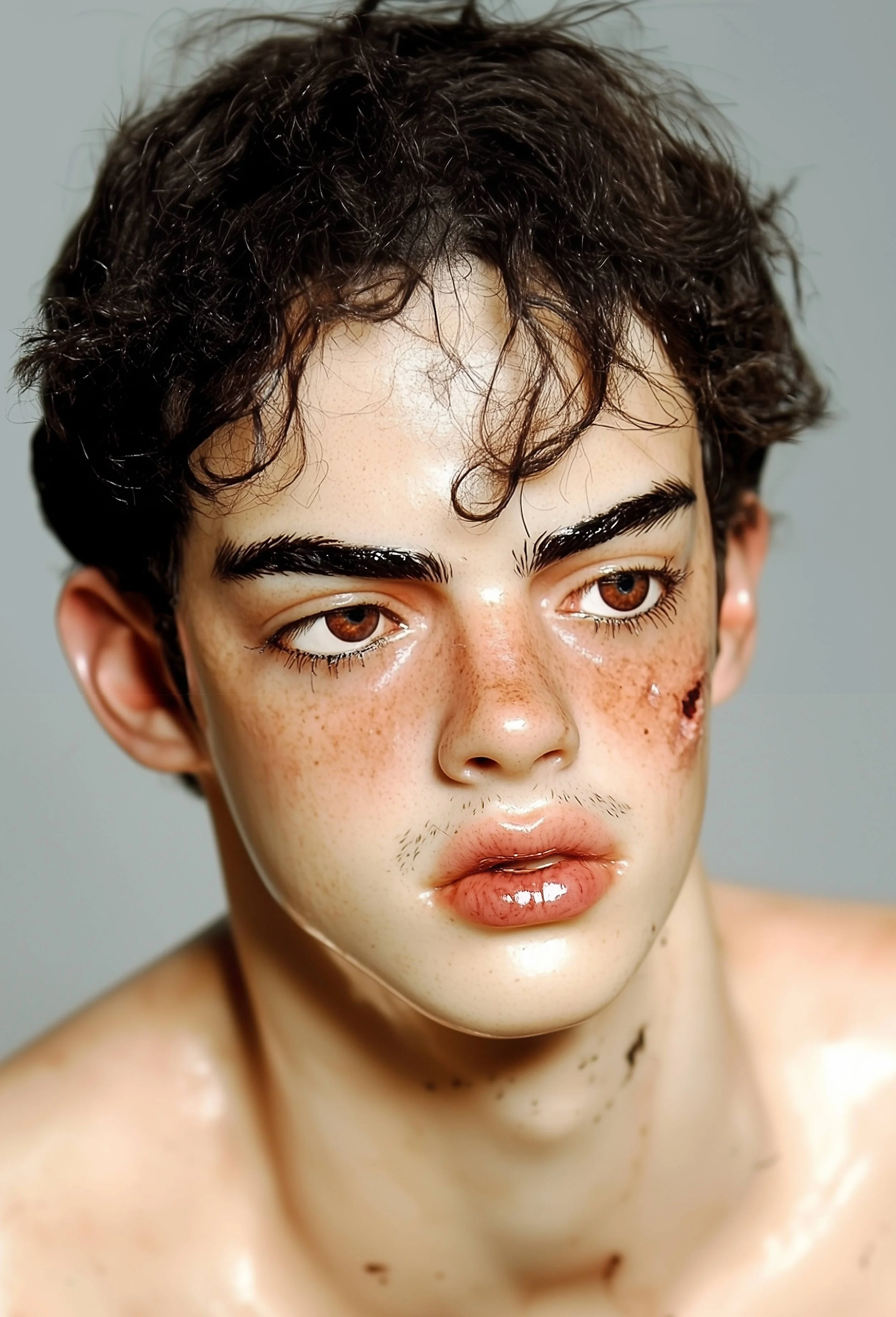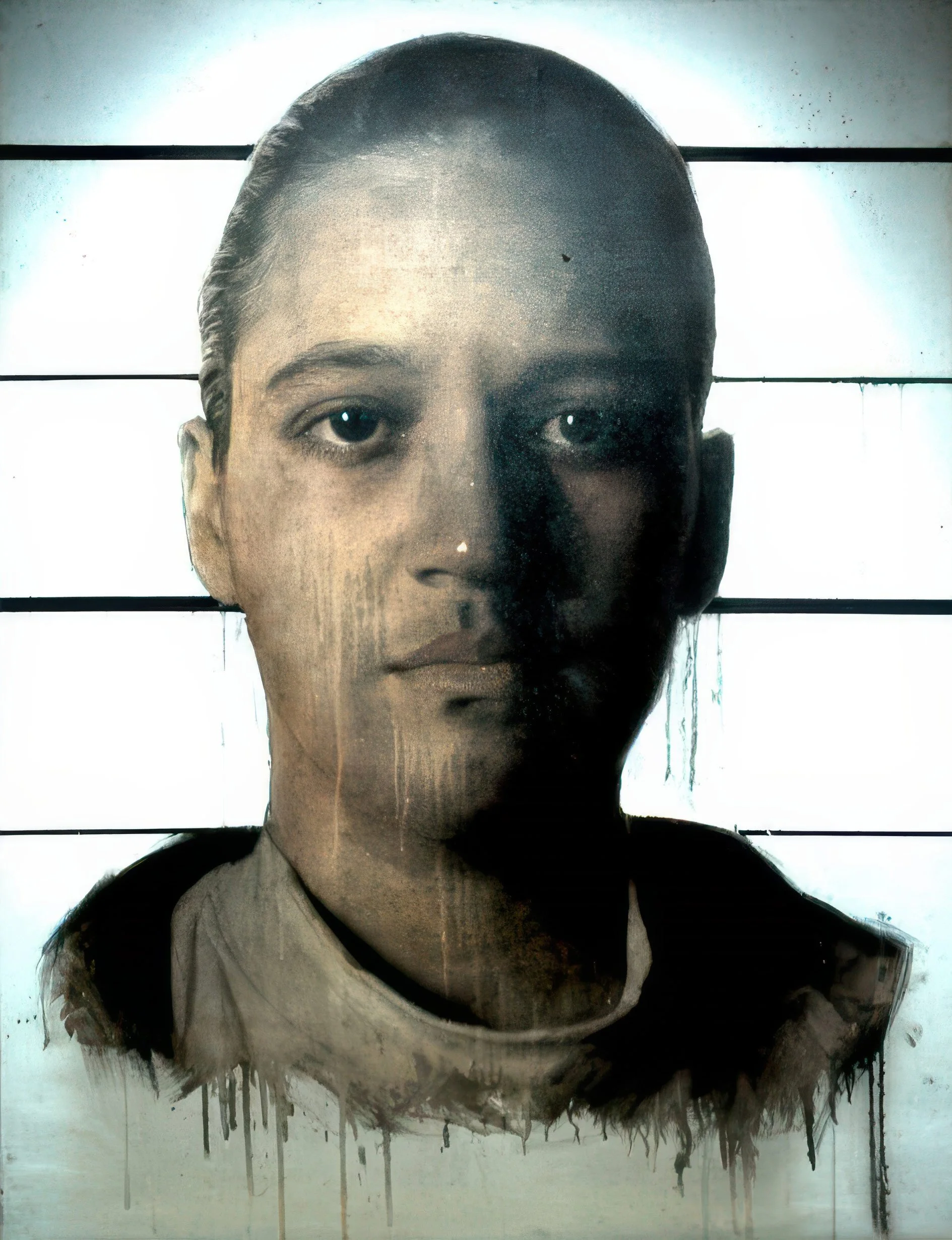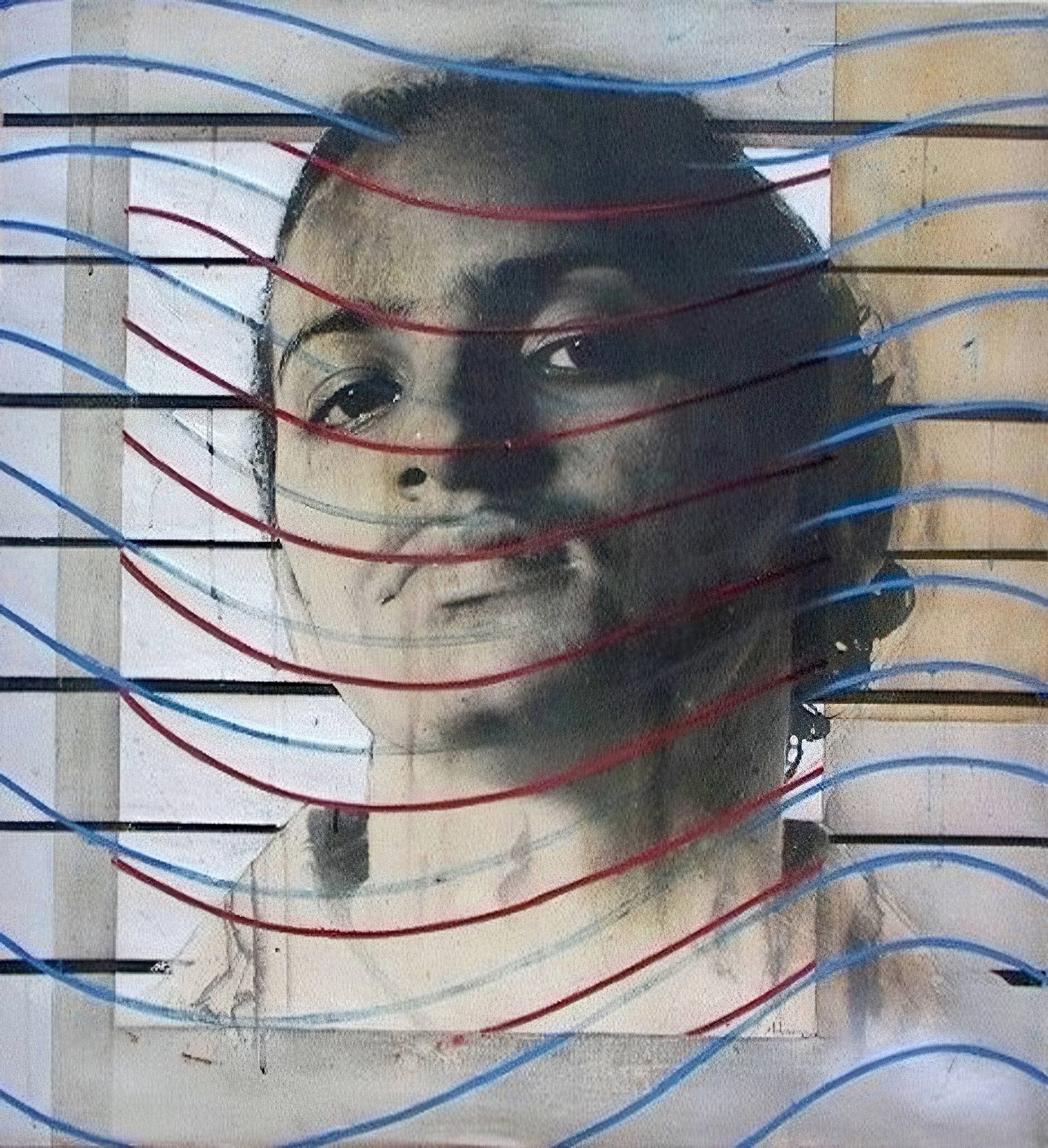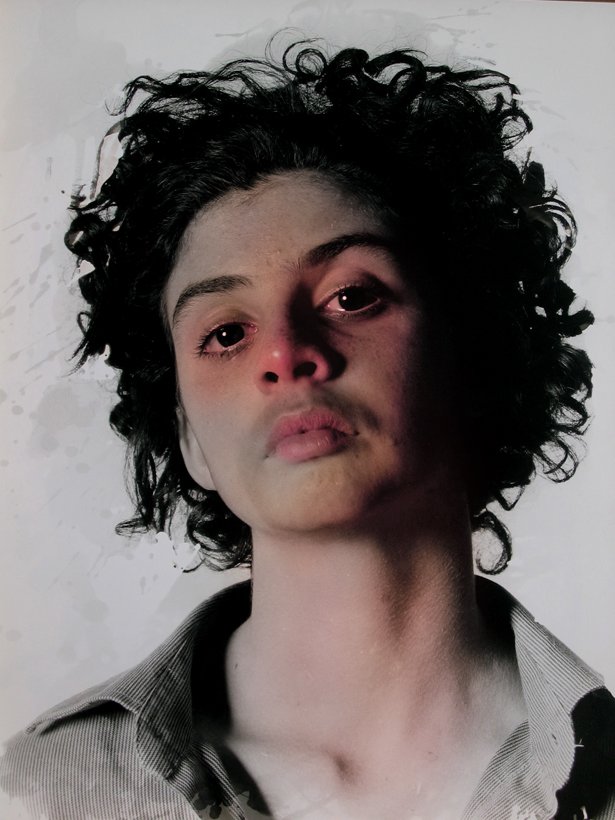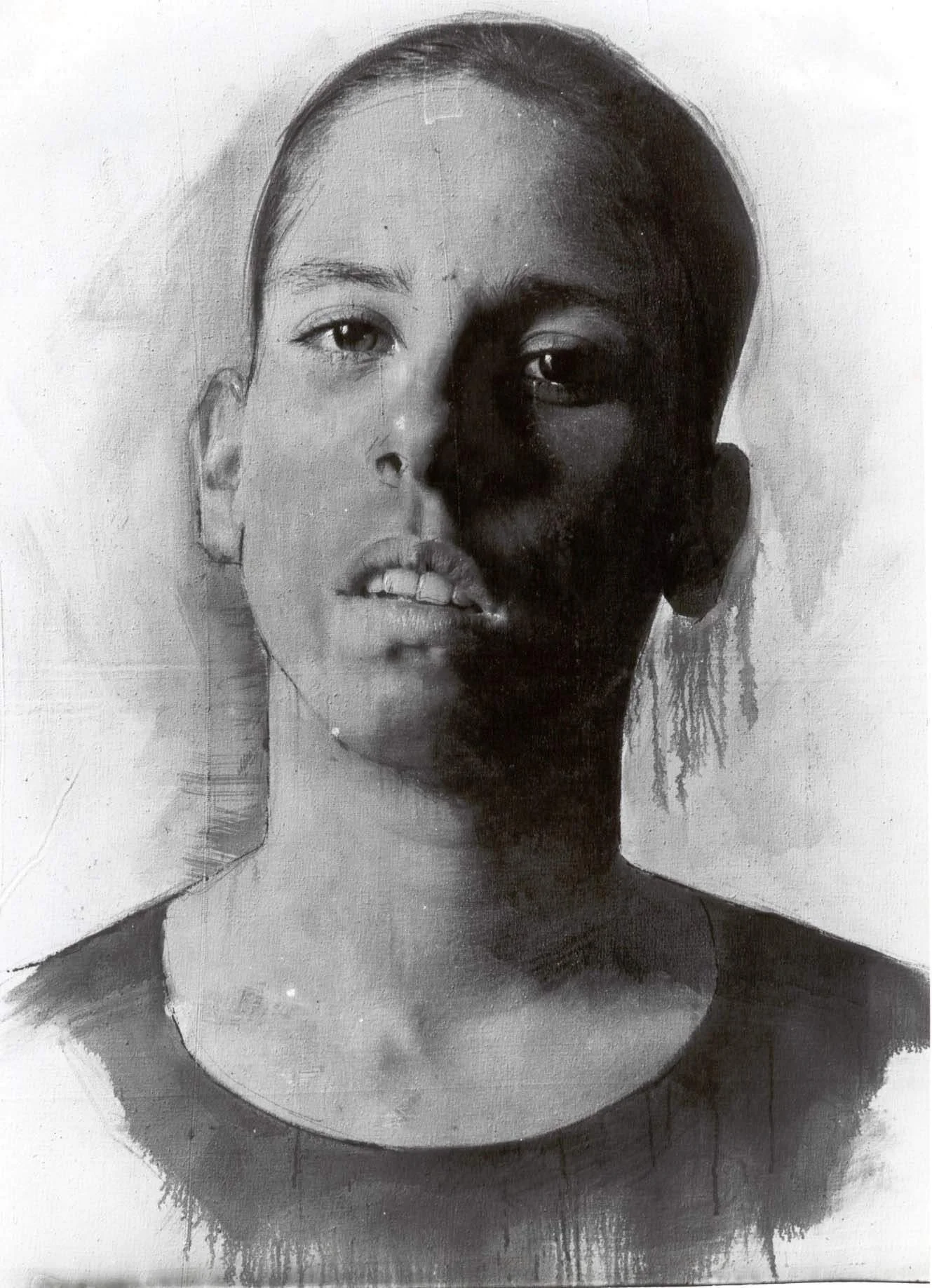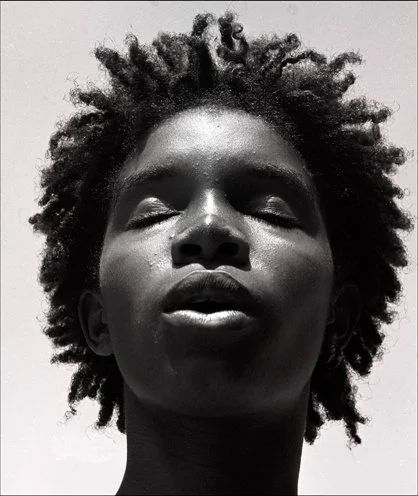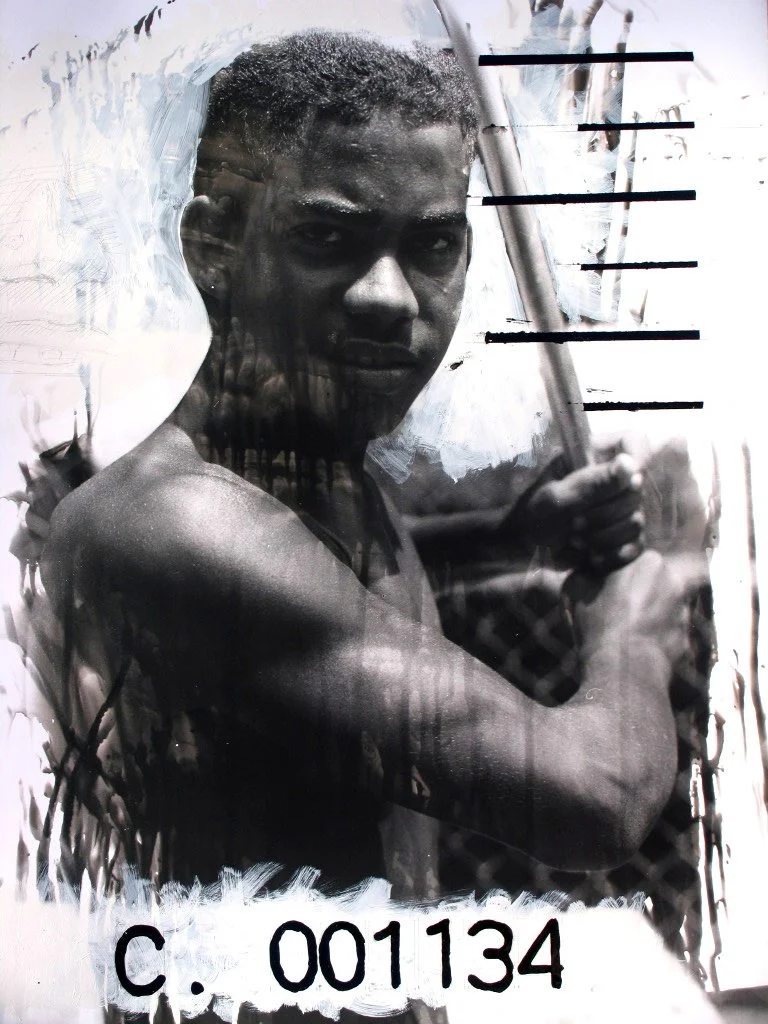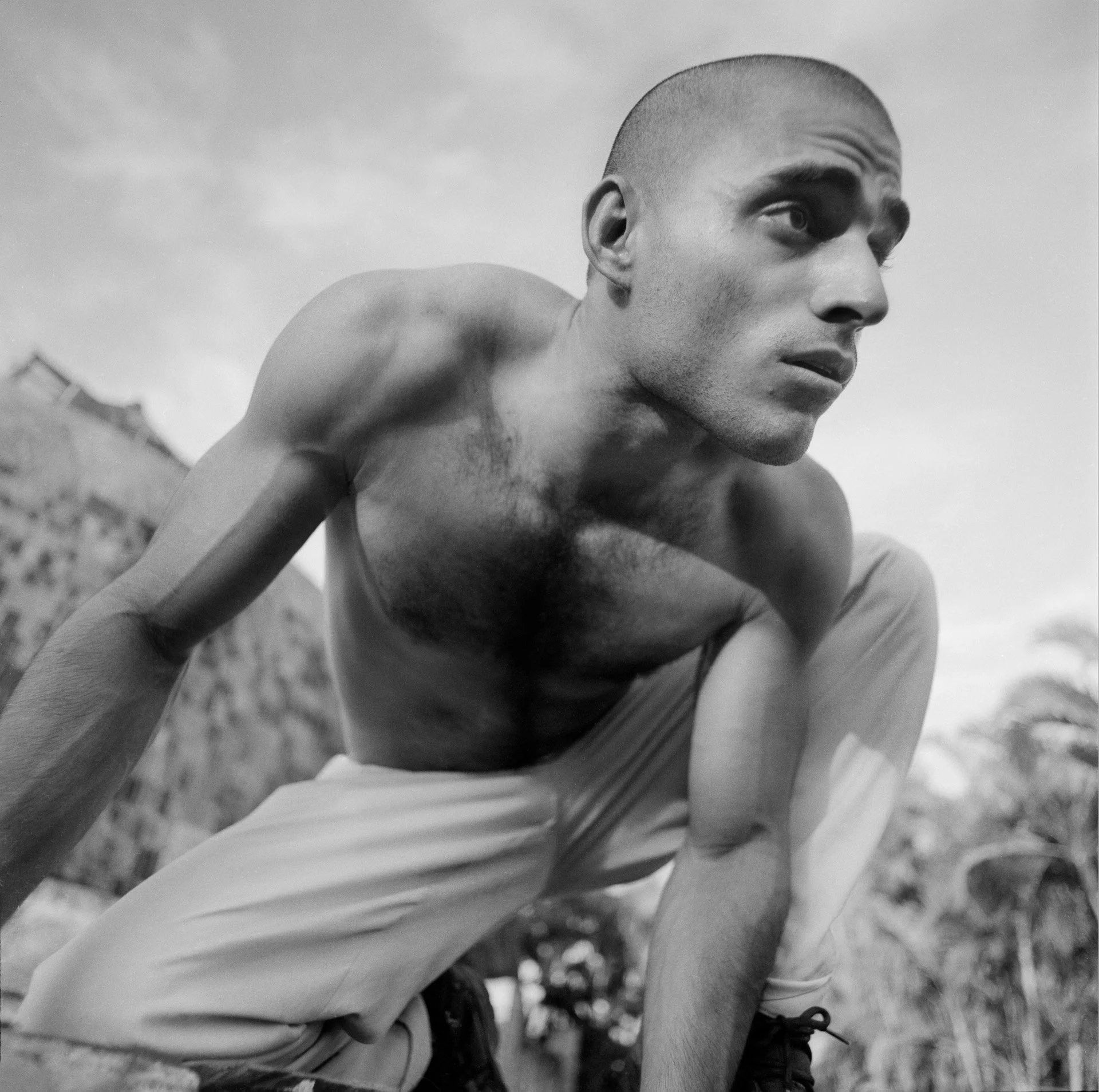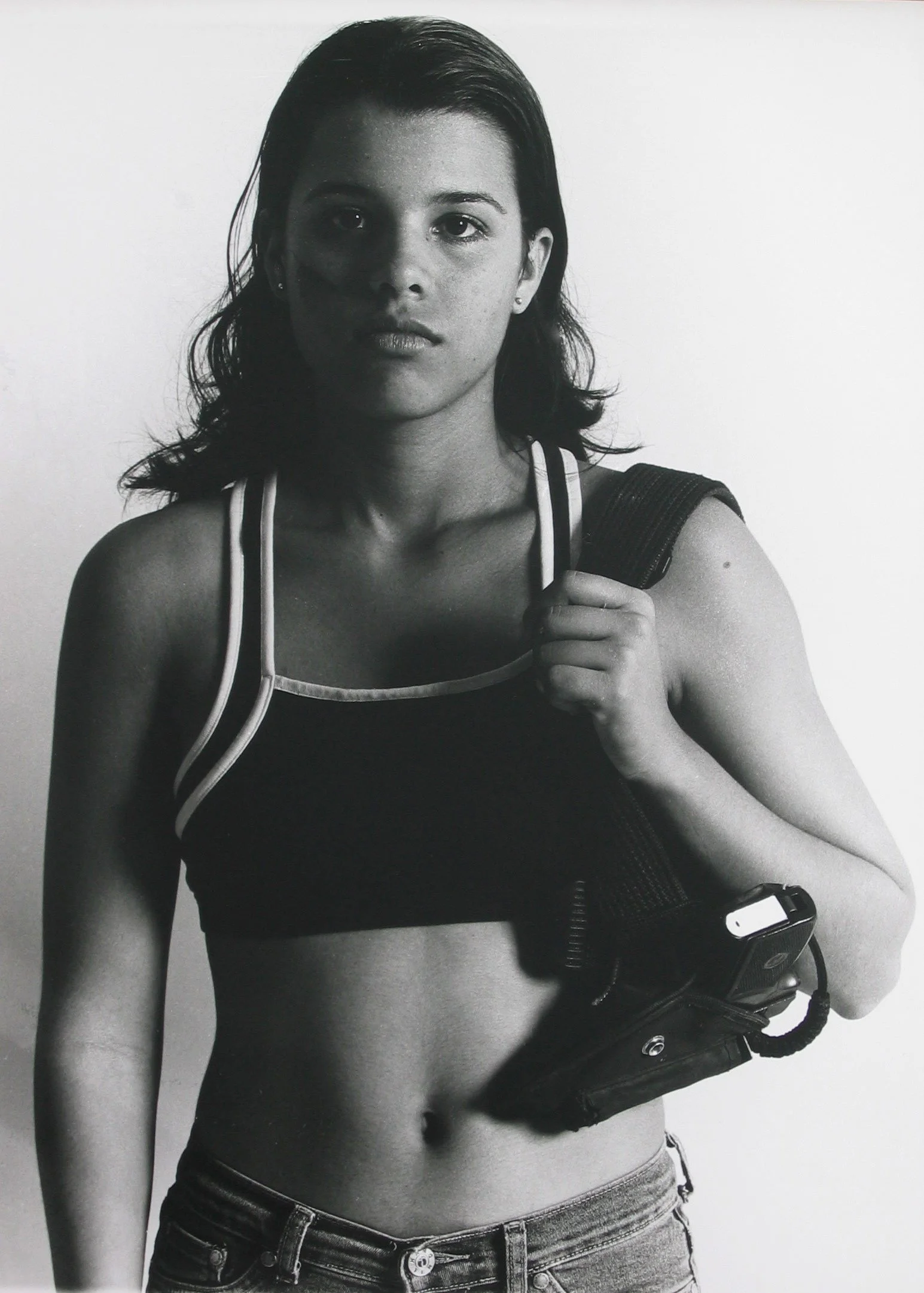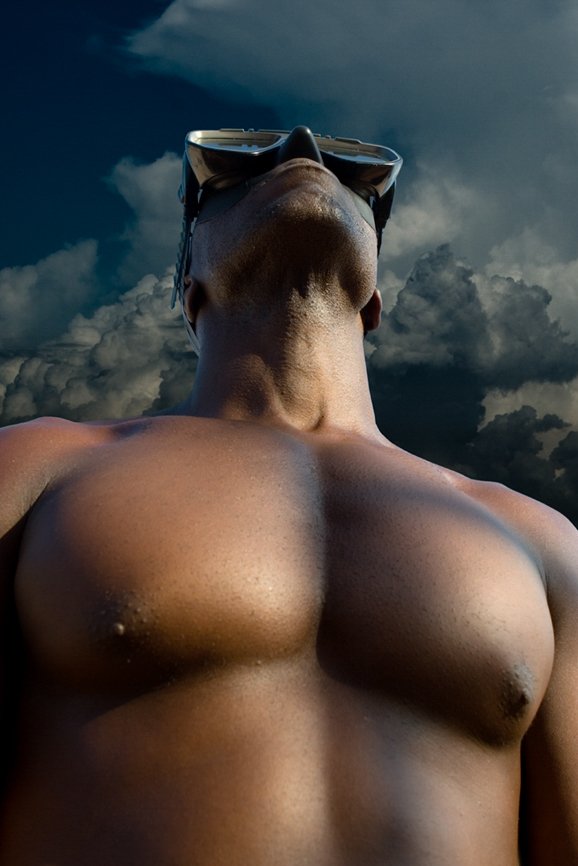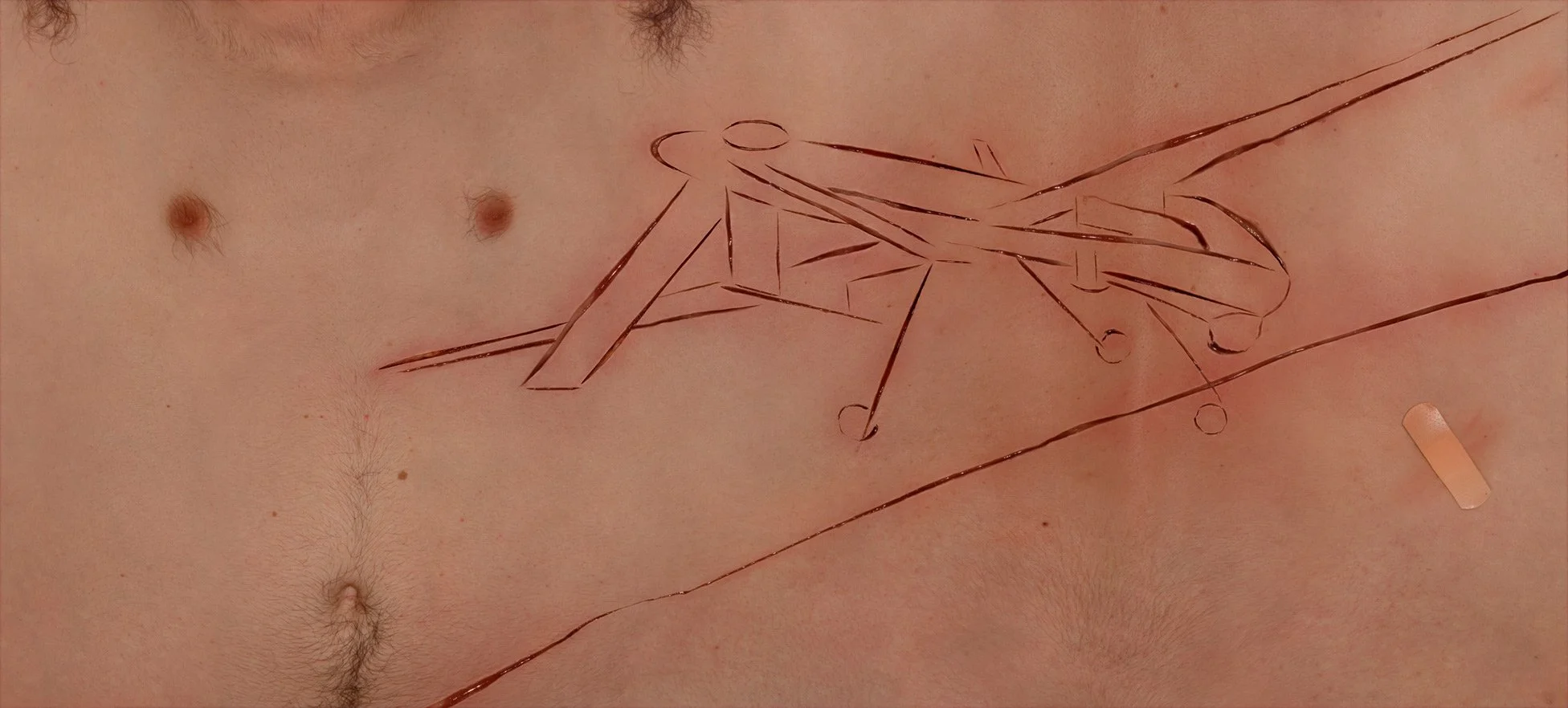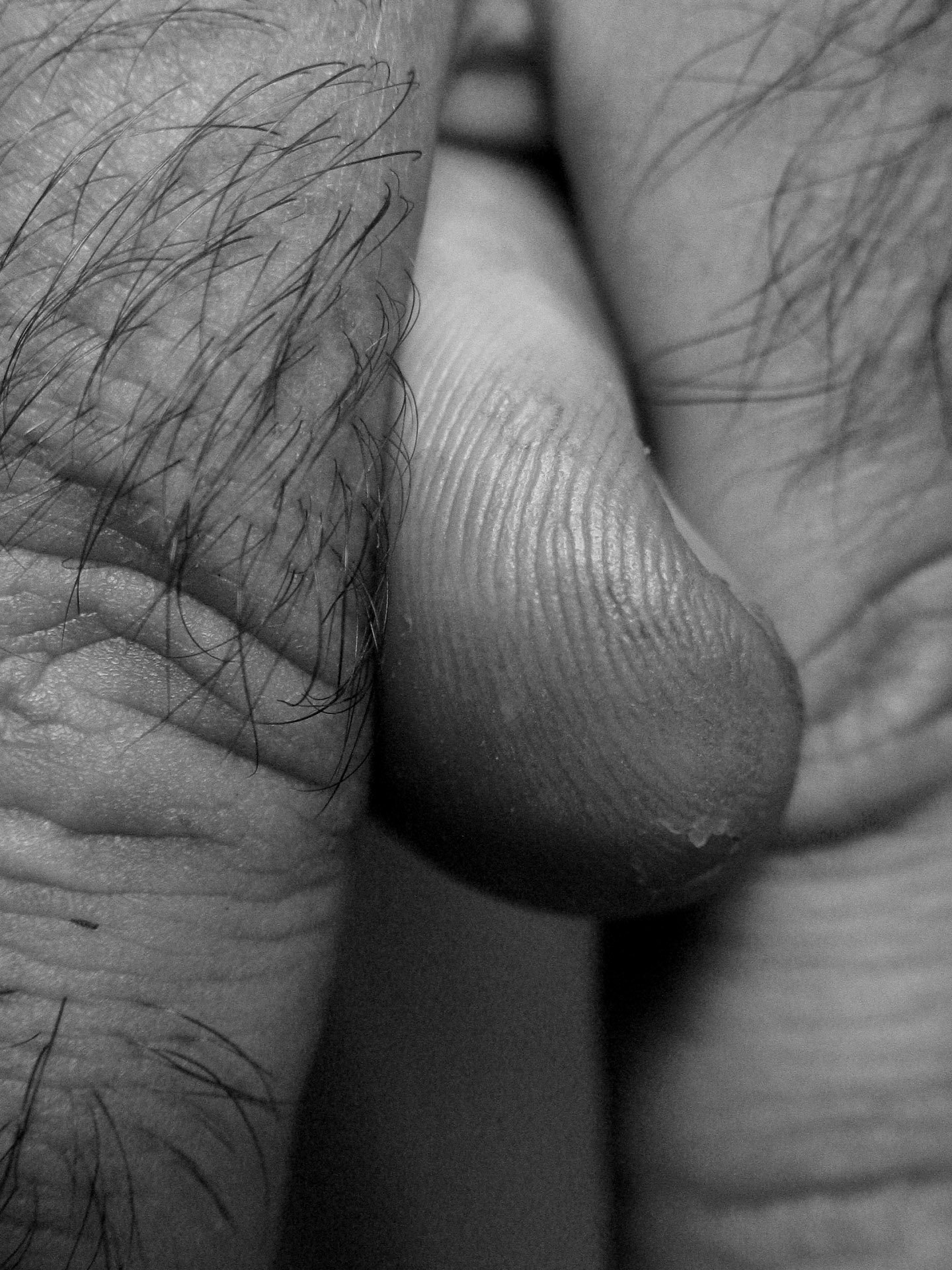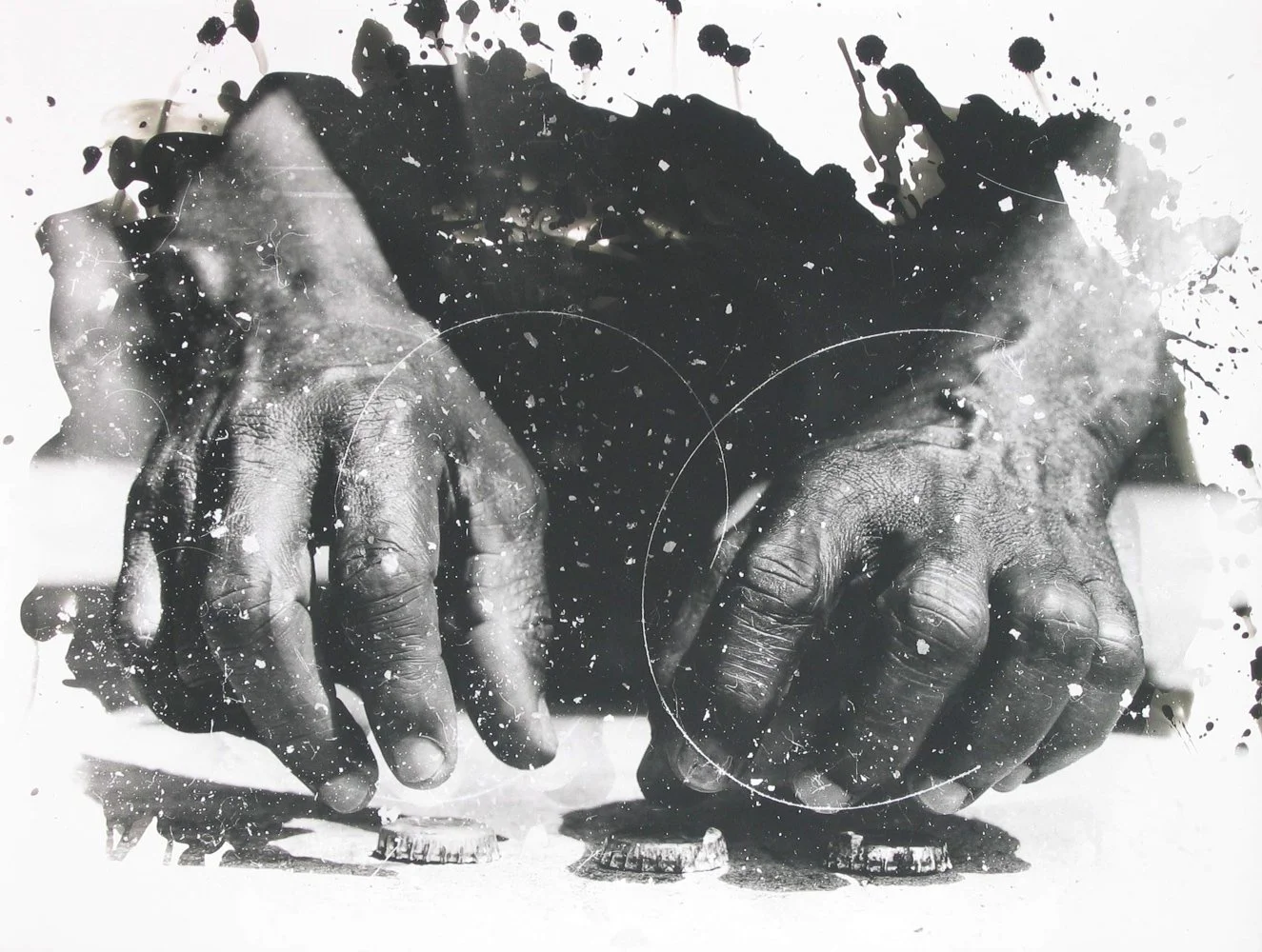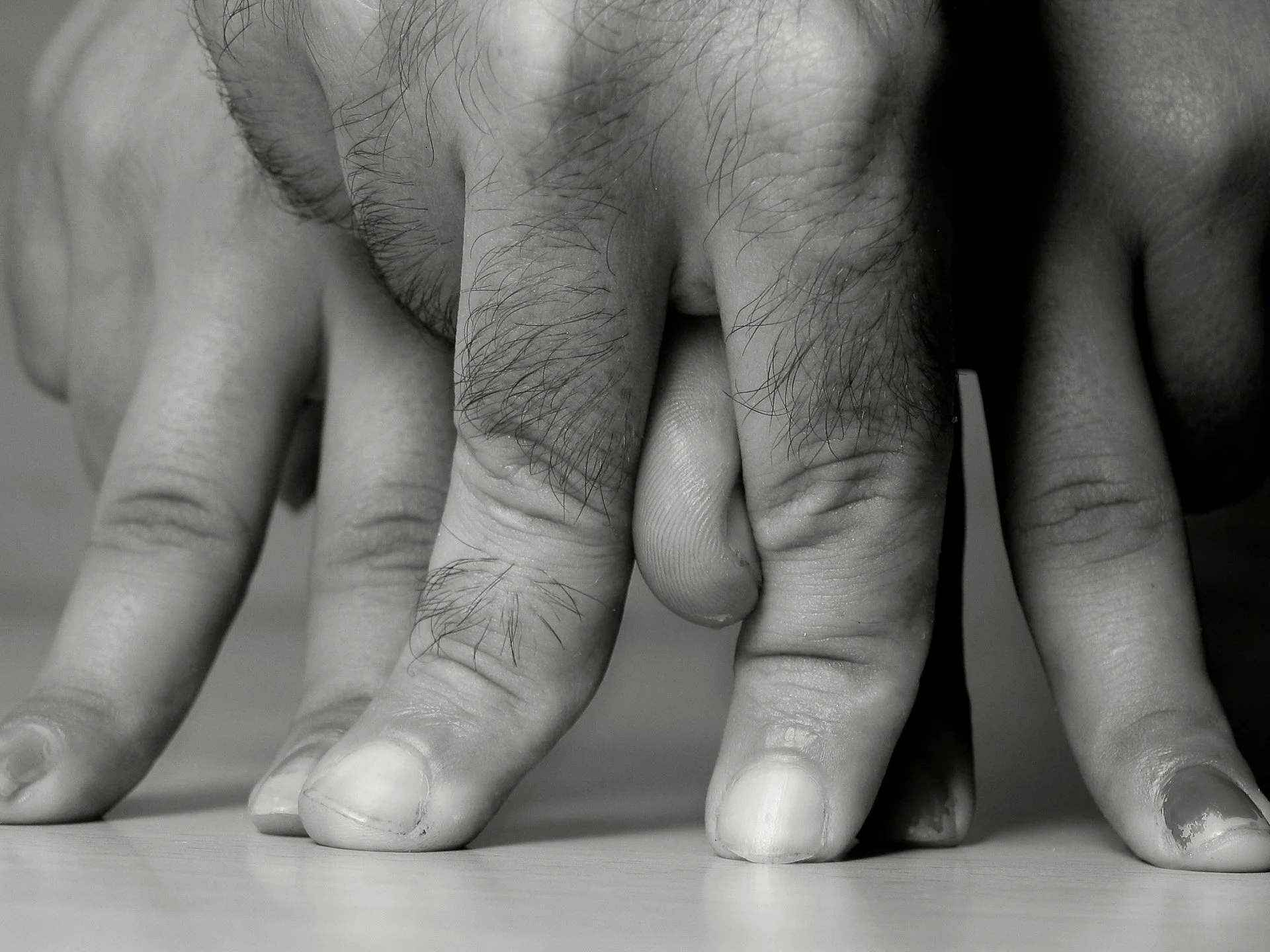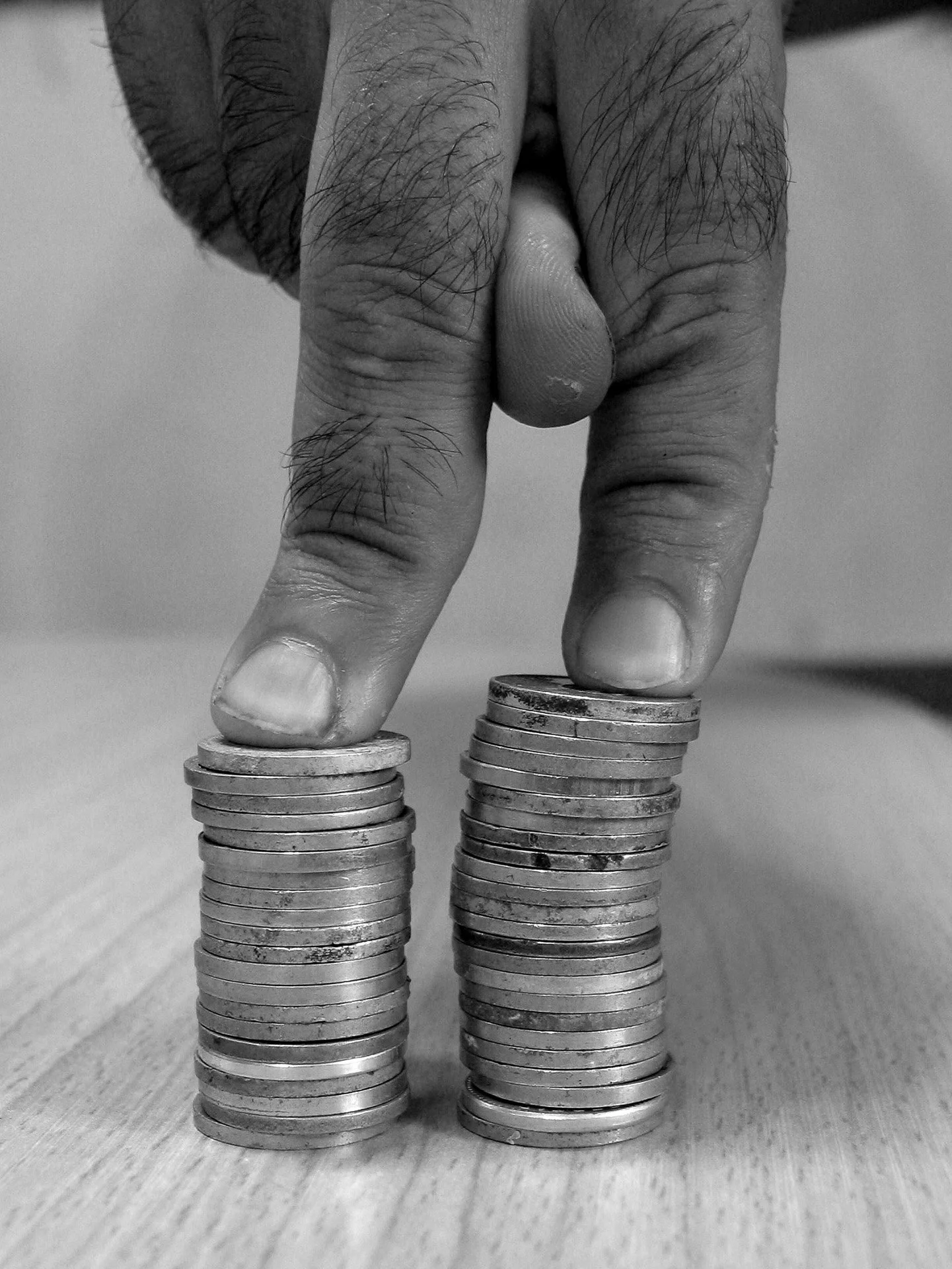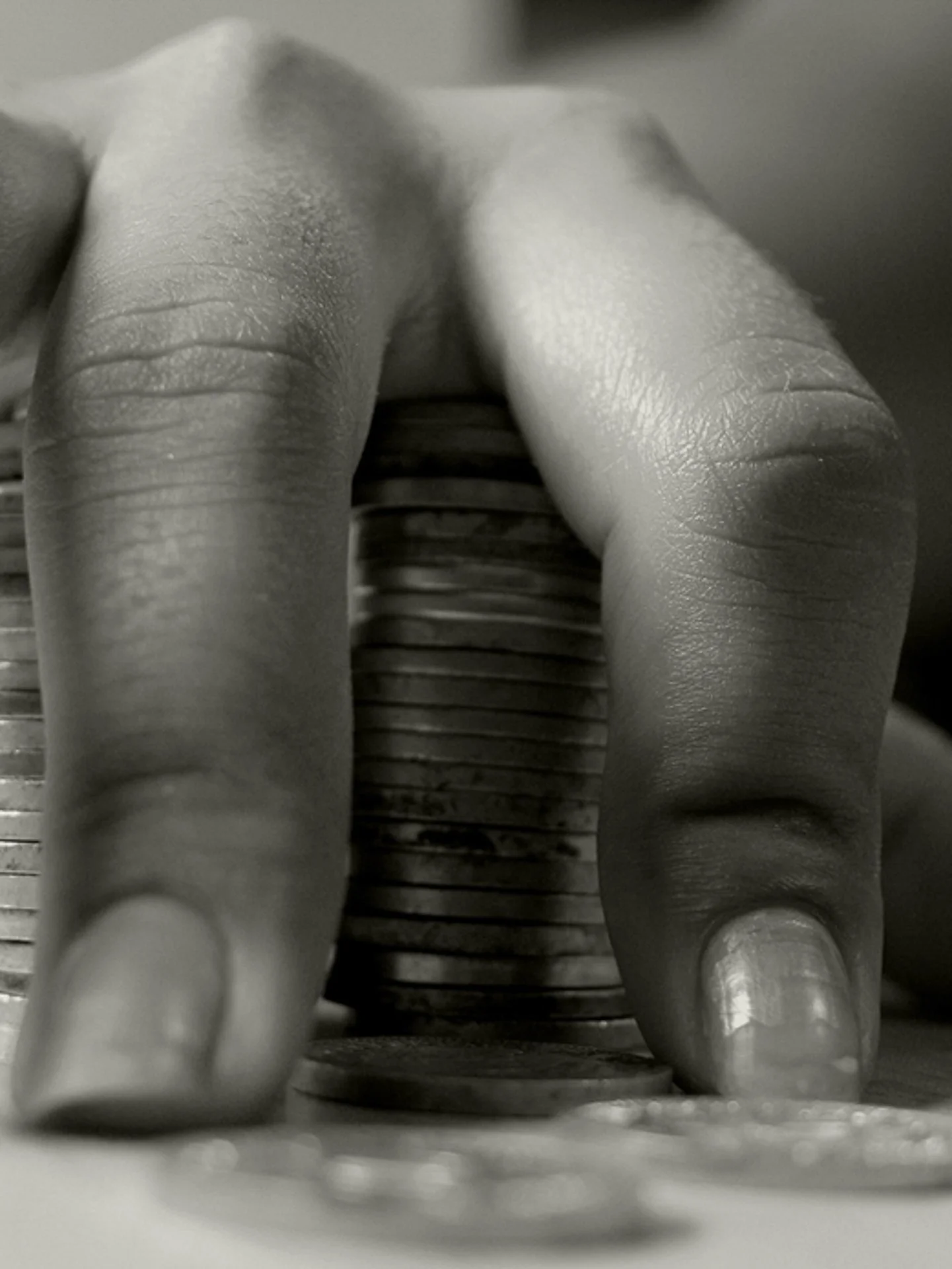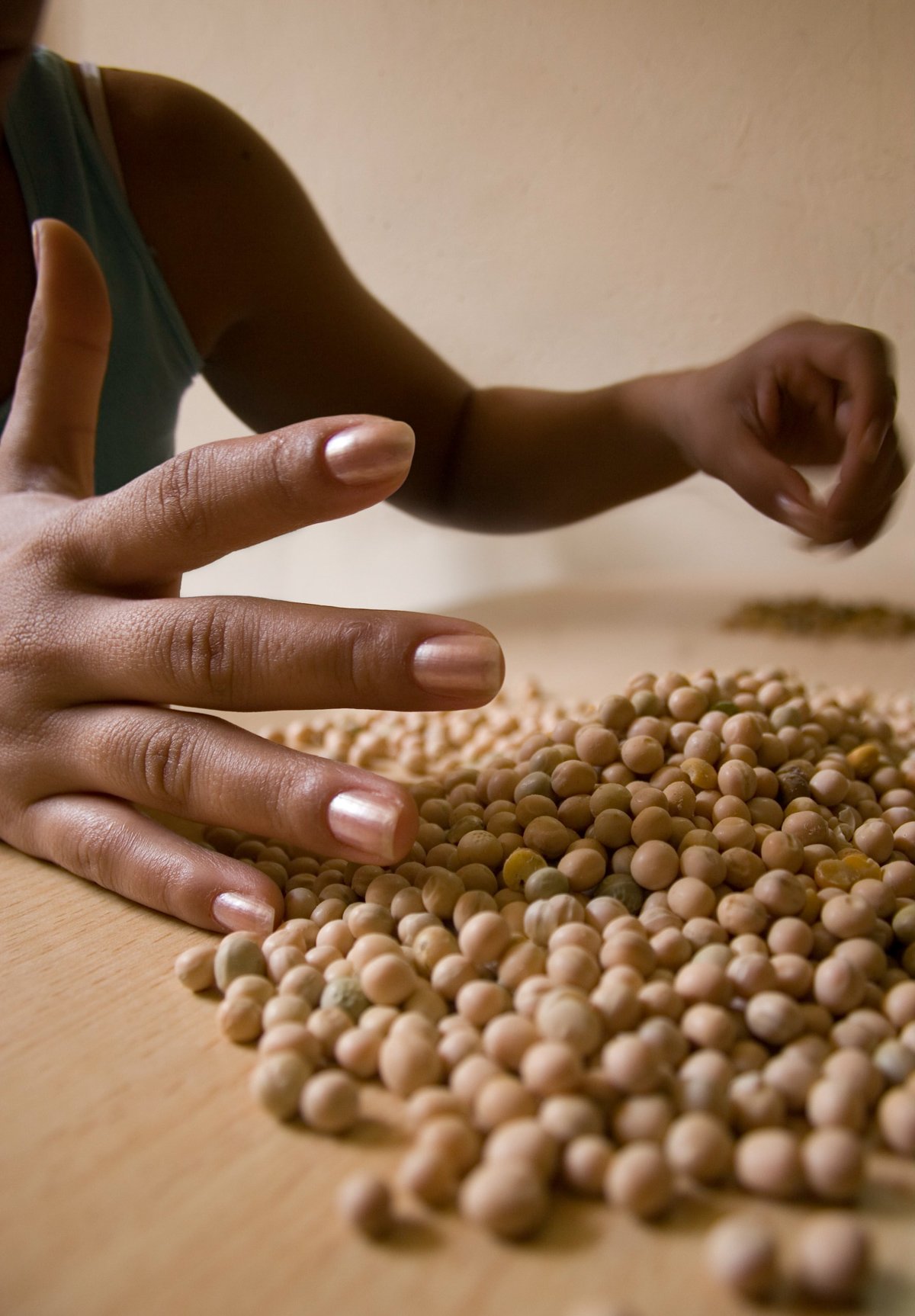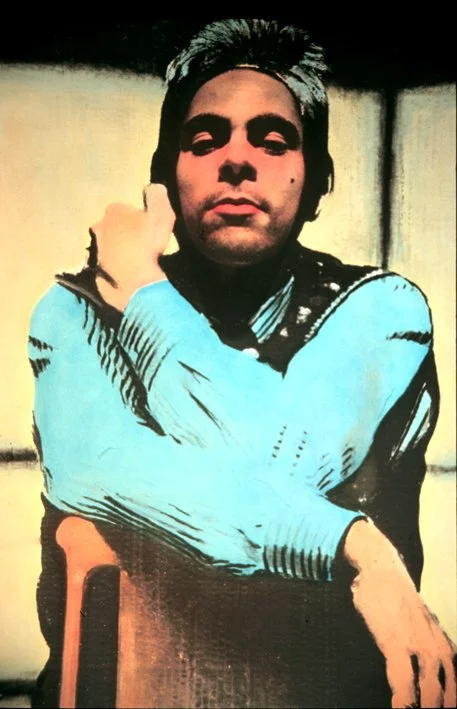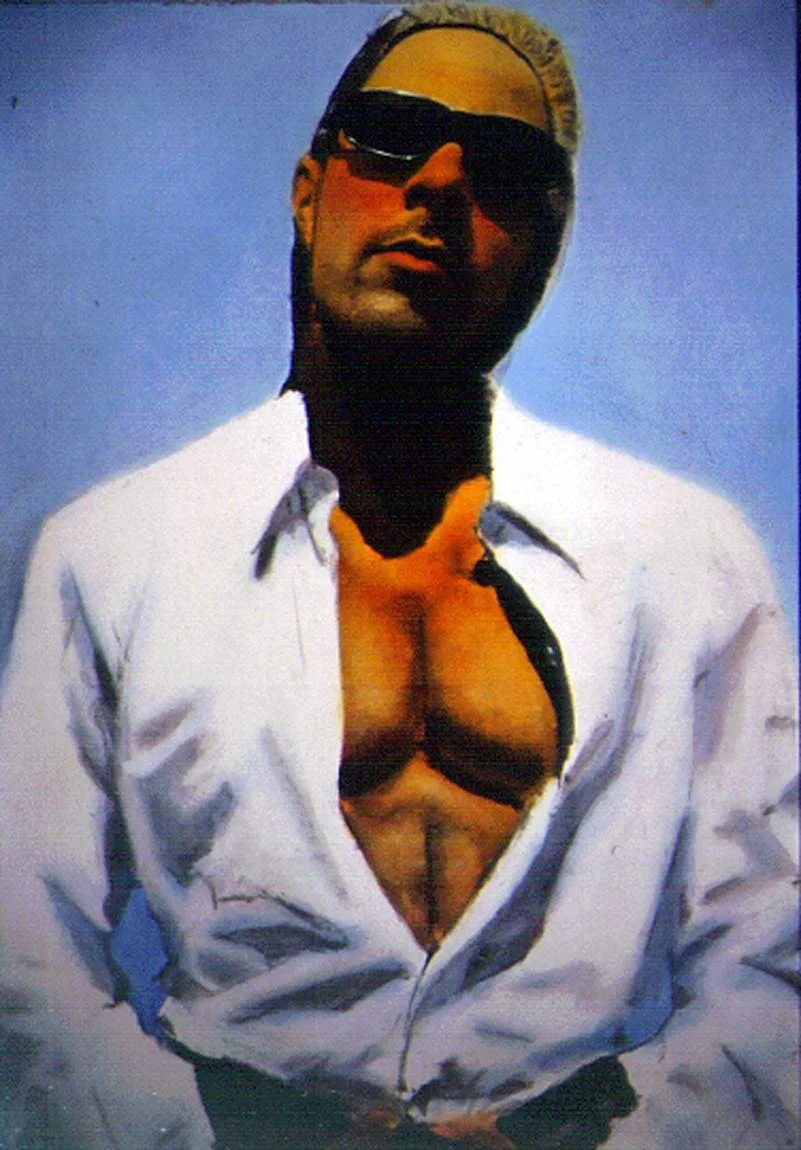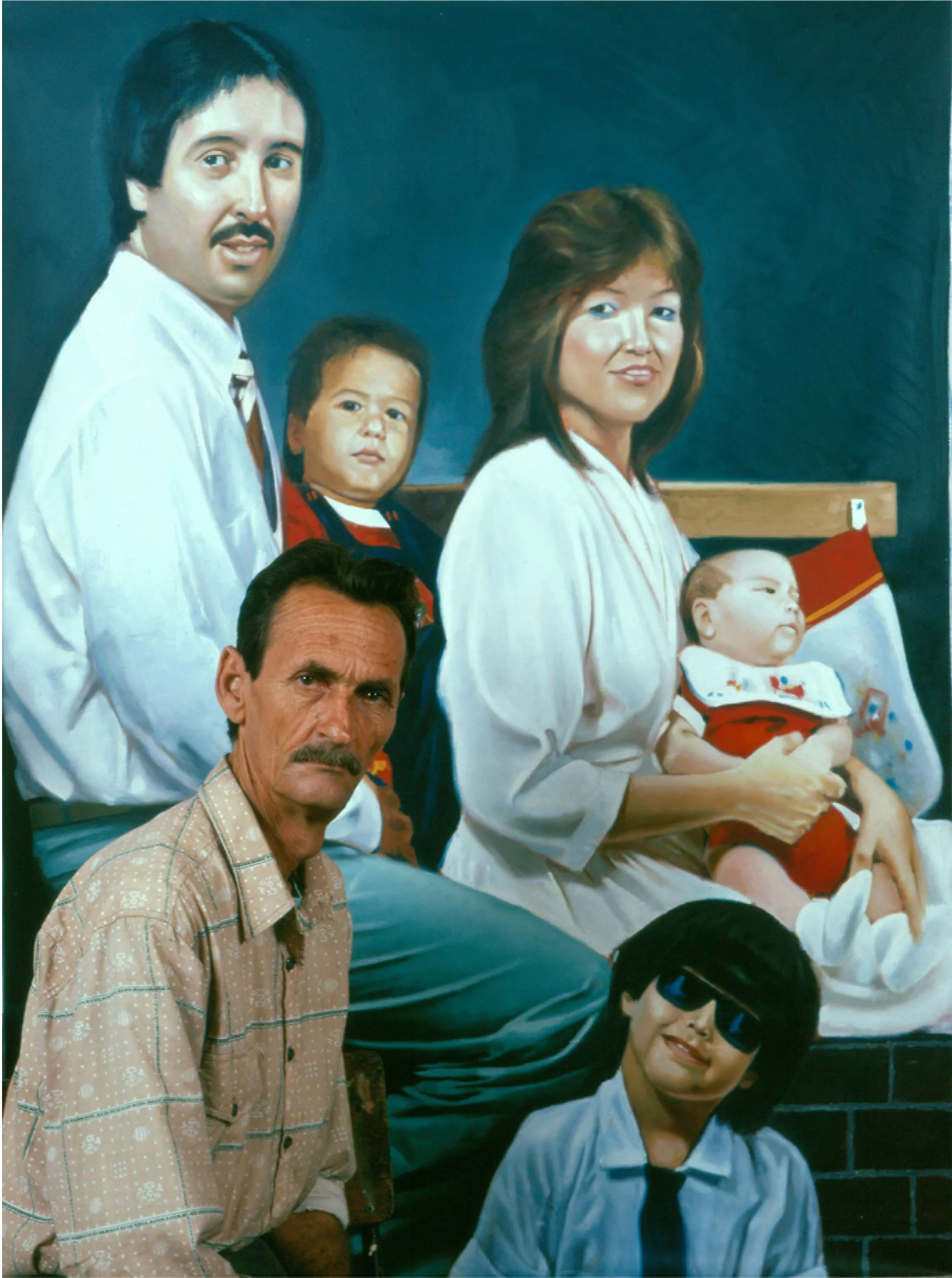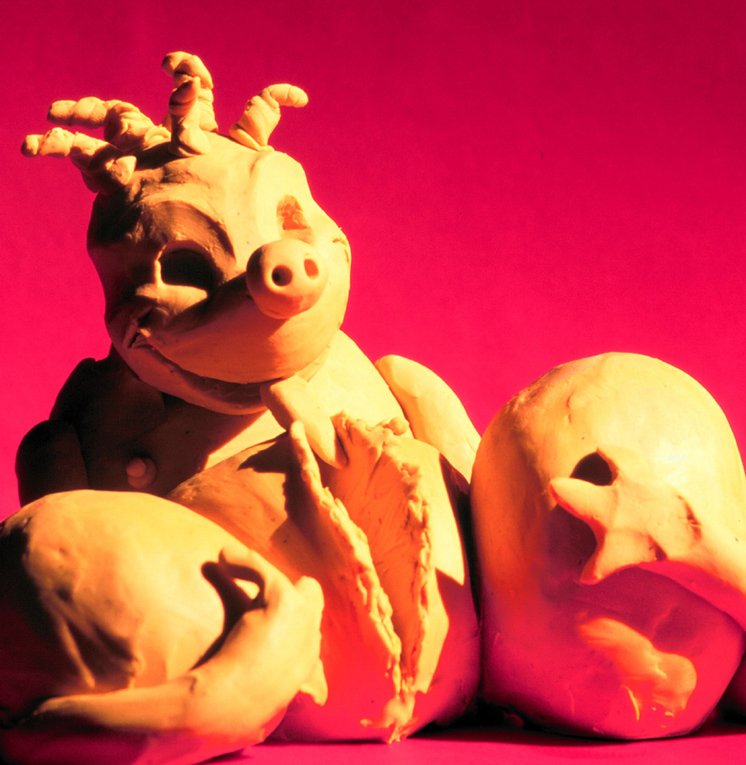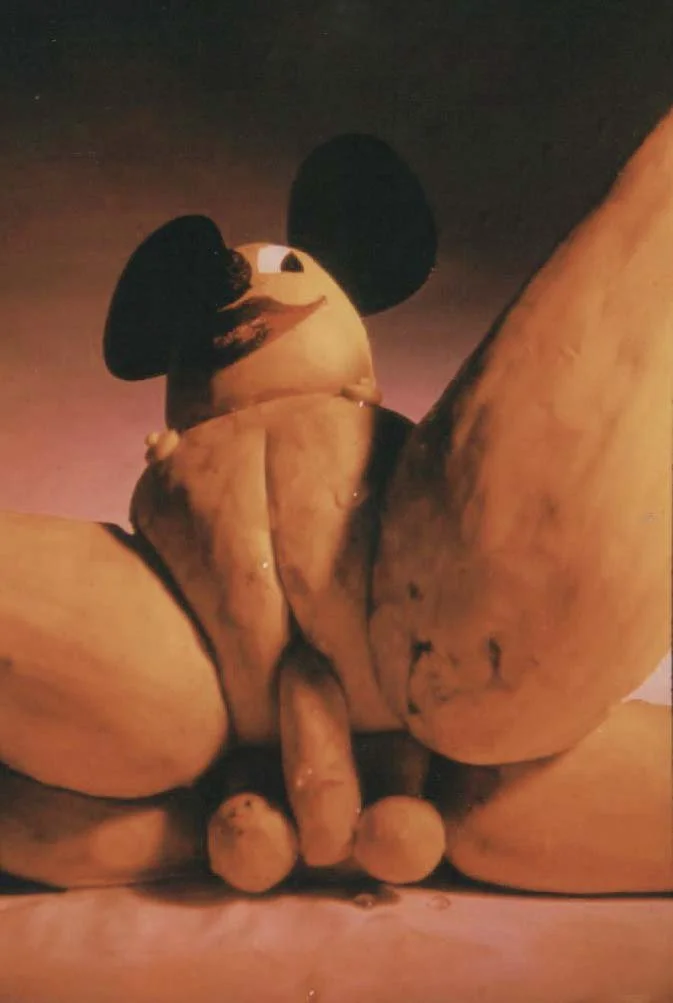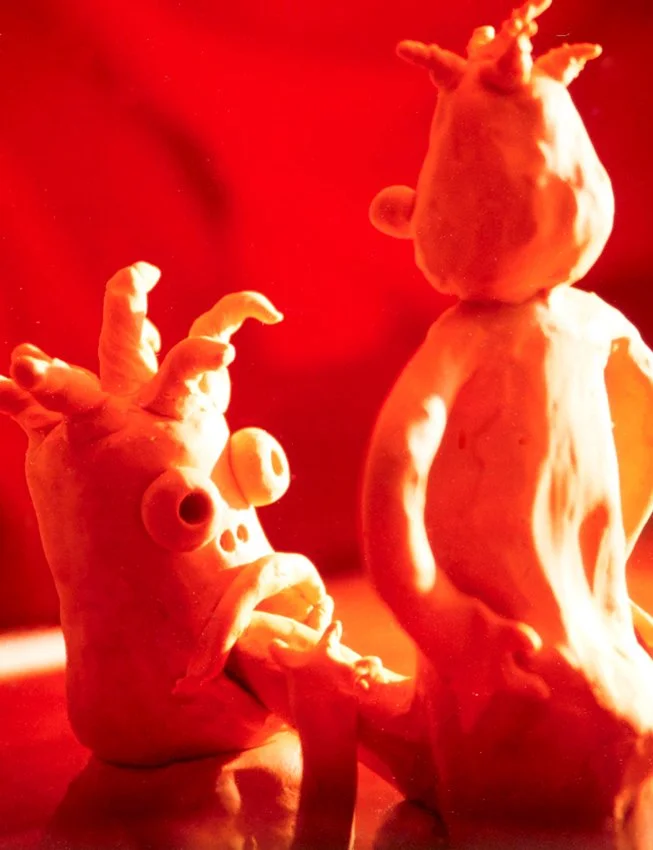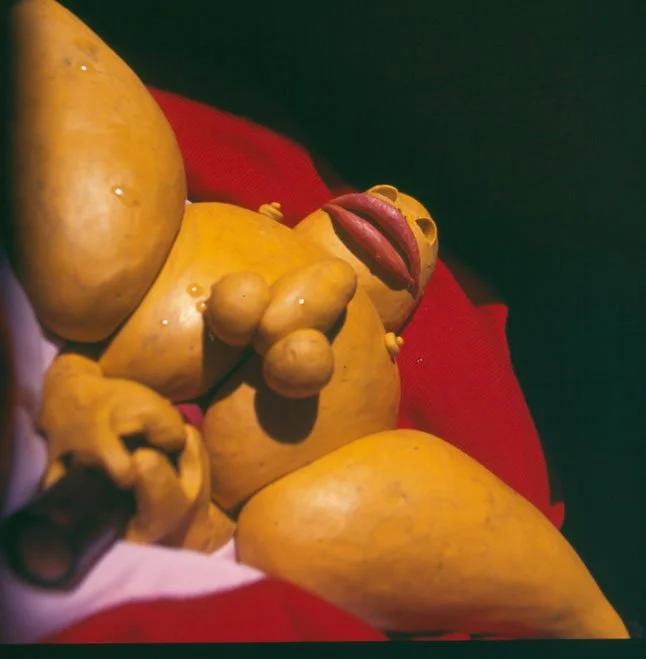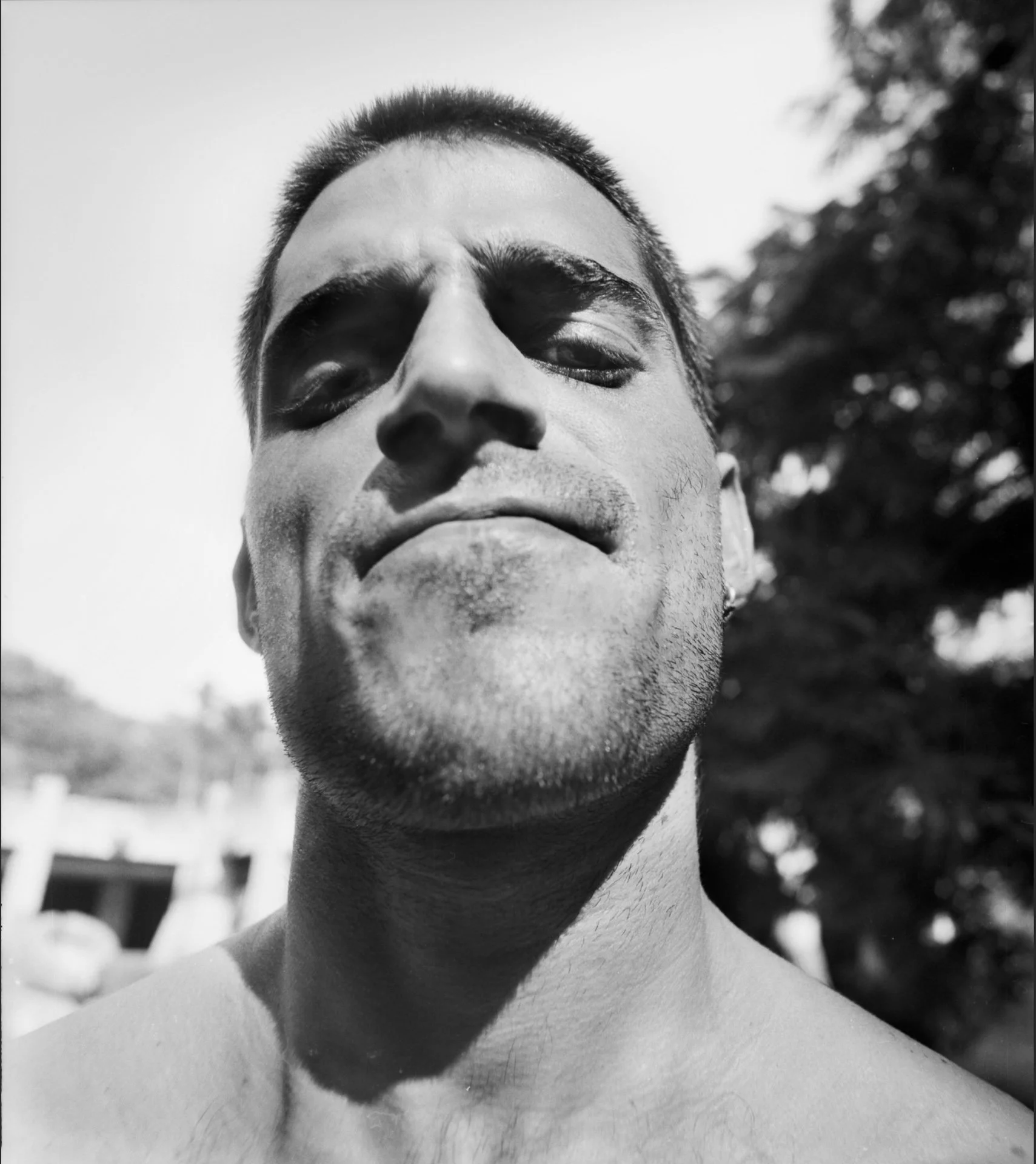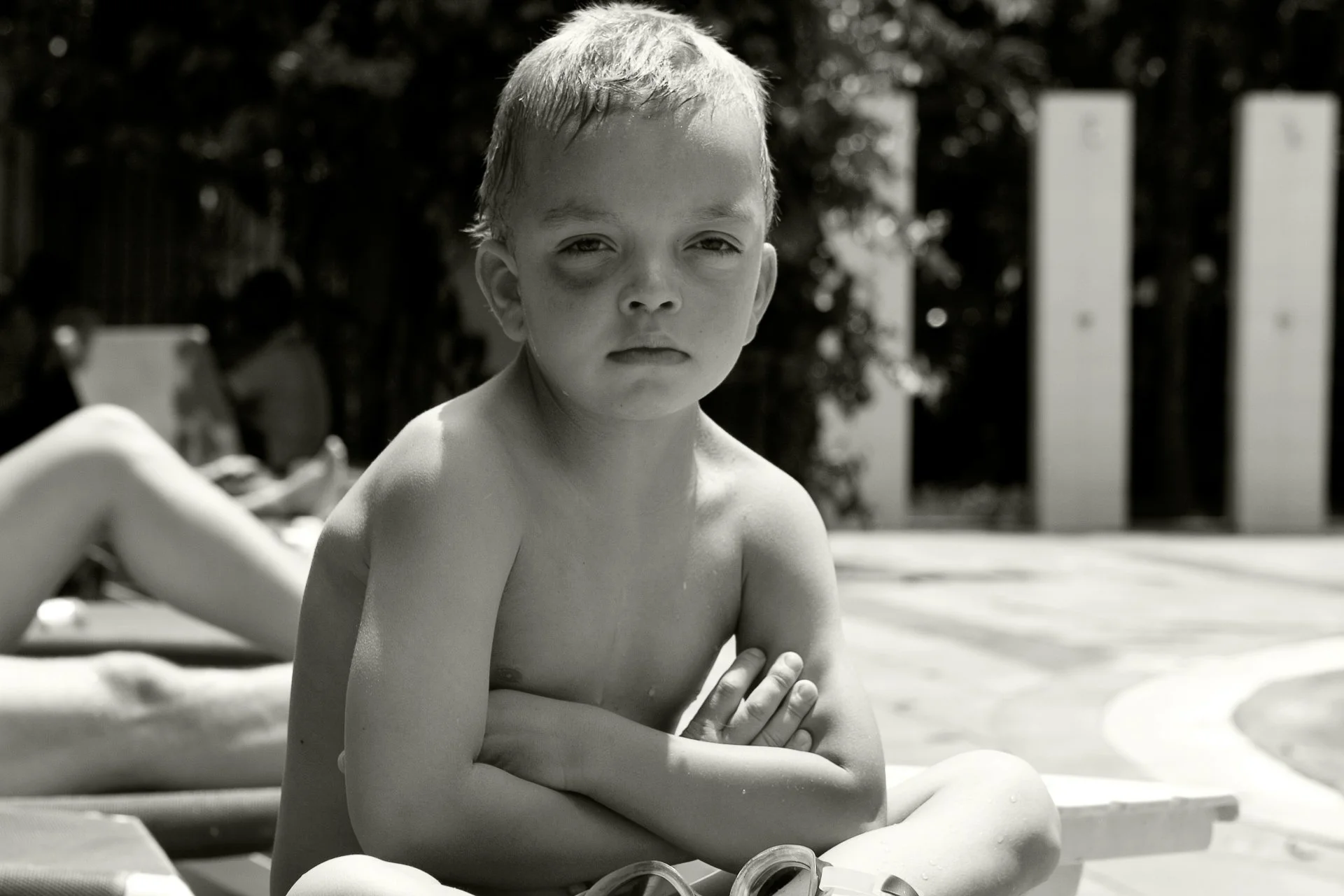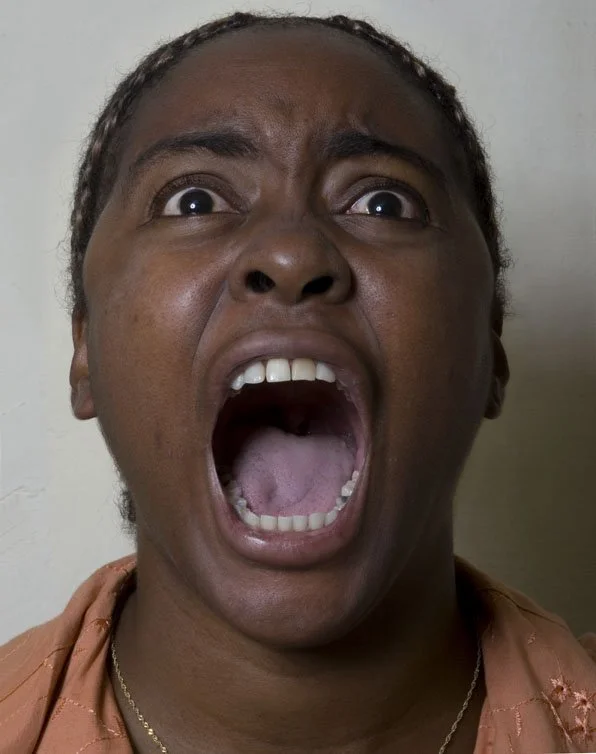
Uncanny Valley
A series of generations and mixed image processing.
Currently, I am returning to my research through portraiture, from a transhuman and dystopian perspective. Each character questions the indeterminacy of the future of the human being and the role that artificial intelligence itself will have in our evolution as a species. I address the attempt to rejuvenate the human in the future, exploring how the parts of the past that we drag along—our biological, emotional, and cultural heritage—persist in ways from which we cannot fully rejuvenate ourselves, giving us an ambiguous and timeless appearance that challenges traditional categories of age and humanity. Also, the androgynous in sexual identity ends up forming a society with false and impersonal identities, where the boundaries between masculine and feminine dissolve, reflecting the loss of authenticity in an increasingly virtualized and technologically mediated world. These figures inhabit a liminal space between the human and the posthuman, questioning whether technological progress liberates us or strips us of what makes us essentially human.
Drama in the Silicone Closet 28" × 43" Digital print on metal 2025
Cross-Section 28" x 43" Digital print on metal 2025
Give Me the Gem Under the Table 43"×25" DIgital print on metal 2025
The hunter of the 20s 43" × 15" Digital print on metal 2025
Second Level of Adaptation 43" × 32" in Mixed media on metal 2025
Indeterminacy with Tolerance Margins 43" × 20" Digital print on metal 2025
You have it all 43" x 15" Digital Print on Metal 2025
You Have it All 43" × 24" Digital print on metal 2025
From the series: Uncanny Valley Jose 43" x 29" Digital print 2025
Please Open Your Eyes Photographic printing and mixed media, 43¨x36¨ 2025
Nikita From the Series: Plaster Ignorance 43” x 36” Print on canvas and mixed media, 2025
Time Passes
This 2016 series is a study on the paradox of the beard and its use for deception. We have the Cuban revolutionaries of 1959 with their promises of change and a future filled with splendor for all, in contrast with the image of Santa and The Three Kings bringing good tidings. While Santa and The Three Kings deliver, the Cuban people have been waiting for 62 years.
Laura Blanco
Time Goes By
Digital Printing 39,3¨x25,9¨ 2006
Time Goes By
Digital Printing 39,3¨x25,9¨ 2006
Time Goes By
Digital Printing 39,3¨x25,9¨ 2006
Time Goes By
Digital Printing 39,3¨x25,9¨
The series Confusión
(1999-2002)
It was in the series Confusion where his ideas took on greater rigor and at the same time their consummation, made portraits of women that were printed on large-format canvases, and through photoemulsion and direct intervention with oil on the support, hid their hair, hardened the feminine features, or placed mustaches, sideburns or another haircut. The result were works that established an ambiguous identity and only had one element as a counterpoint —reinforcing their androgynous nature— a woman's name as a title. This arises from taking as a reference a postmodern notion of identity, at a time when certain parameters are already broken, not only relative to external appearance, but also to what contemporaneity has travestied of each gender.
In his perverse action in relation to the conventions of portraiture, it is necessary to specify that his characters are taken from the social context and manipulated to the point of bordering on marginality, as happens in the ensemble Evidencia (2002), or recreate a circumstance about them, as in Check Point (2004), where he referred to the visa process. He made a zoom around the marks that these pages usually carry in passports, while the photographed person showed his teeth, as was once done when selling slaves. The so-called dental check once attested to the "good" quality of what was being bought and now the artist makes his models exhibit them as a mockery of all the implicit requirements in the approval of a visa.
Caridad Blanco, 2008
Nikita Photographic printing and mixed 43¨x36¨ 2025
It Happened This Morning Photographic printing and mixed media, 43¨x36¨ 2025
From the Series of Confusion
Photographic Paper 51"x 36" 2000
Ariadna
Emulsion Photographic On Canvas Oil and Alkyd Oil 51¨x39¨ 1999
Daisy
Photography 51 "x 40" 2000
Ariadna II
Emulsion Photographic On Canvas Oil and Alkyd Oil 51¨x39¨ 2003
14mage (6).jpg
Emulsion photographic on canvas oil and alkyd oil, 51 "x 40" 2000
Maruchi
Emulsion Photographic On Canvas Oil and Alkyd Oil 51¨x39¨ 2002
Daisy
Emulsion Photographic On Canvas Oil and Alkyd Oil 51¨x39¨ 2000
Olivia
FB Photo Paper and Acrylic 19,6¨x15,7¨ 2003
Maruchi
Jay
Emulsion Photographic On Canvas Oil and Alkyd Oil 51¨x39¨ 2000
Daisy
Emulsion Photographic On Canvas Oil and Alkyd Oil 51¨x39¨ 2000
Olivia
FB Photo Paper and Acrylic 19,6¨x15,7¨ 2003
Olivia
FB Photo Paper 19,6¨x15,7¨ 2003
Maruchi
Emulsion Photographic On Canvas Oil and Alkyd Oil 51¨x39¨ 2000
Breath
Photographic printing
39.3" x 26"cm 2007
Archive
Photographic printing
23.6" x 19.6" 2004
Evidence
Photographic printing
23.6" x 19.6" 2004
Yusi
Photographic printing
23.6" x 19.6" 2003
Escape
FB Photo Paper on aluminio 27.5" x 39.3" 2003
Escape
FB Photo Paper on aluminio 27.5" x 39.3" 2003
Escape Digital printing 27.9" x 23.6" 2008
Predador Digital printing 27.5 x 61.5 2008
Dirty Zone
Digital printing 19.7" x 23.6" 2017
David
Digital printing 23.6" x 19.7" 2017


